 |
 |
 |
 |
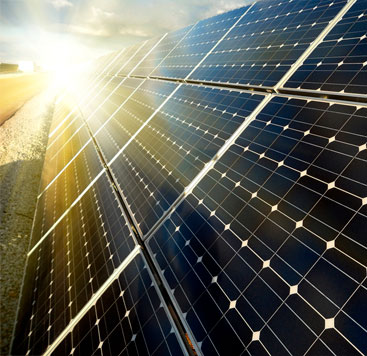 |
 |
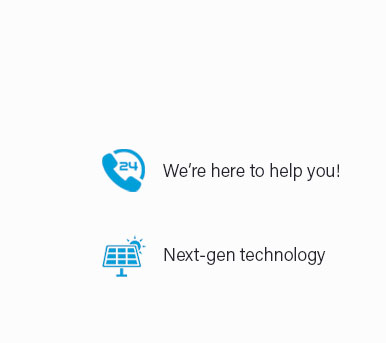 |
 |
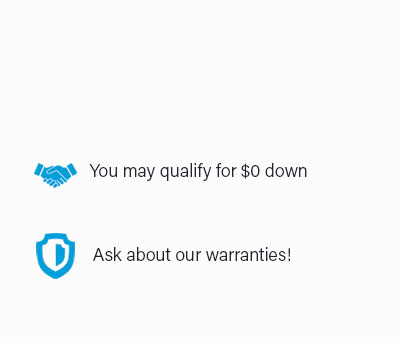 |
 |
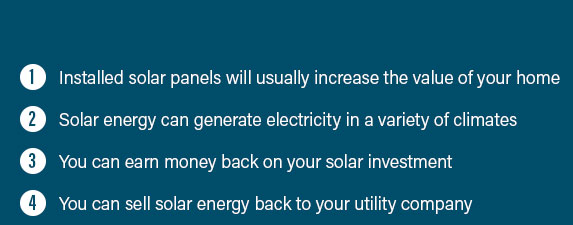 |
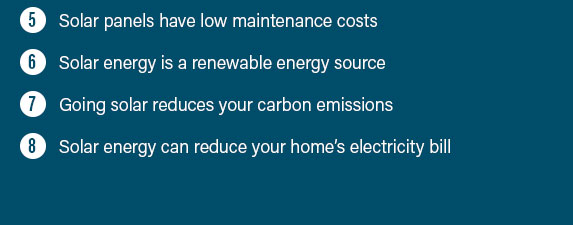 |
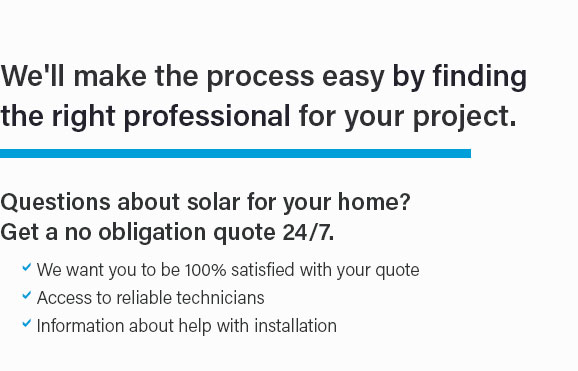 |
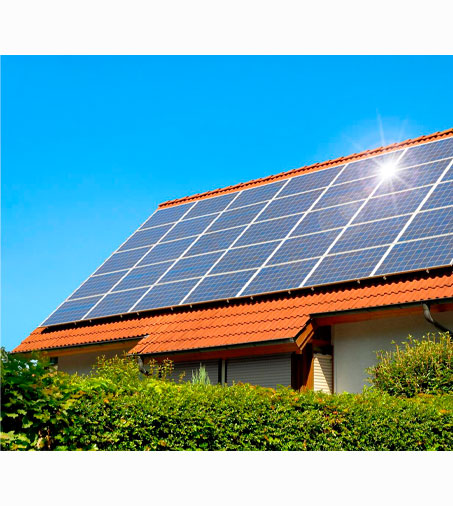 |
|
 |
 |
 |
Solar System for Your House: A Sustainable Energy SolutionIn recent years, the concept of a solar system for your house has gained immense popularity. Not only does it offer a sustainable energy solution, but it also reduces electricity bills significantly. In this article, we will explore the various facets of installing a solar system at home, its benefits, and how you can get started. Why Consider a Solar System for Your House?Installing a solar system can be a game-changer for your household energy needs. Here are some key reasons:
Cost Savings ExplainedThe initial investment in a solar system may seem high, but the long-term savings are substantial. Many homeowners report breaking even on their investment in just a few years. Environmental BenefitsUsing solar power reduces dependence on fossil fuels. This is a crucial step towards a more sustainable and eco-friendly future. Understanding the Components of a Home Solar SystemA typical solar system for a house consists of several key components:
Solar PanelsThe efficiency and type of solar panels can significantly affect the performance of your solar system. It's essential to choose panels that suit your home's energy needs. Steps to Install a Solar System at HomeBefore installing, it's crucial to assess your home's solar potential. Consider factors like roof orientation, shading, and local climate. For professional assistance, check out solar panel installation colorado for expert guidance. Choosing the Right InstallerSelecting a qualified installer is essential for a successful solar system setup. Ensure they are experienced and offer comprehensive support services. Permits and PaperworkInstalling a solar system often requires permits. Your installer can assist with the necessary paperwork and compliance with local regulations. Frequently Asked QuestionsHow much does a home solar system cost?The cost varies based on system size and location but generally ranges from $10,000 to $30,000. Incentives and tax credits can significantly reduce these costs. Do solar panels work during cloudy days?Yes, solar panels can still generate electricity during cloudy days, though their efficiency is reduced compared to sunny conditions. What maintenance do solar systems require?Solar systems require minimal maintenance, mostly periodic cleaning and annual inspections to ensure optimal performance. In conclusion, a solar system for your house is a smart investment in both economic and environmental terms. For larger scale projects, you might also consider exploring commercial solar solutions. Embracing solar energy is a step toward a more sustainable and independent energy future. https://www.solarelectricsupply.com/residential-solar-power-systems?srsltid=AfmBOooN3z5k6lzWP32yehvgR5PCej9YDhKXwAo2ZQ59_KE_lAbR4dvV
Solar Electric Supply designs and supplies residential solar systems using quality name-brand solar panels and solar panel mounting kits. https://sungoldpower.com/collections/home-solar-system?srsltid=AfmBOoqBH0HqL61XyO2lmX3DQ1_d-cC3dFtOtFkm0EyqP5UEGXL5nmHo
Shop online at SunGoldPower for complete solar power kits for homes. Explore our selection of solar panel kits and bring renewable energy to your home with ... https://www.altestore.com/collections/solar-power-systems?srsltid=AfmBOorUQX2TtbilBVpERLkMOylMcfIpSigiN0IzG1EzjAIzXFaObx4R
Solar panels capture natural light and convert it into direct current (DC) which can then be used to run your appliances. With this system you won't have to ...
|